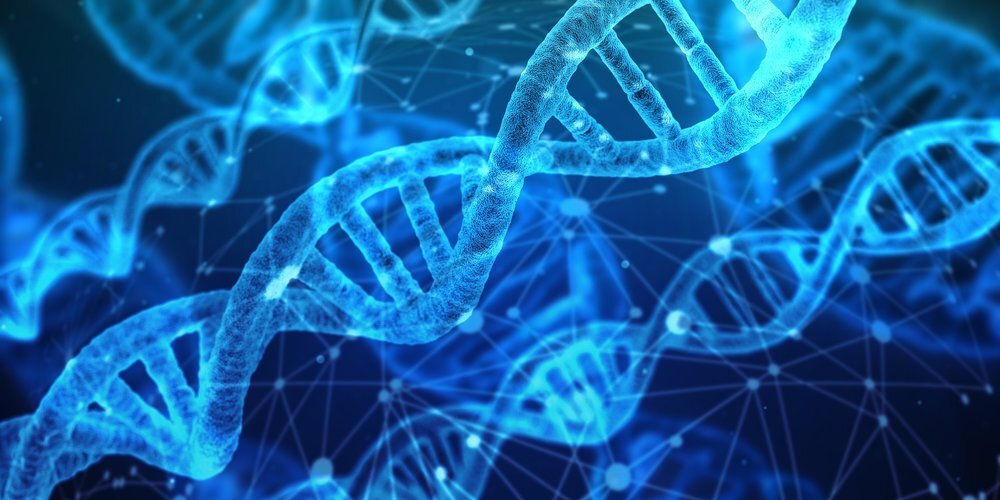
Congratulations! You’ve decided to use an egg donor to grow your family. This is such an exciting time as you go through the steps of choosing the perfect egg donor.
While looking for the perfect traits you want from a donor is exciting and fun, you’ll also notice that you have access to medical information. This includes the results from the extensive screening that each donor must go through.
This information is just as, if not more, important than any physical trait. Be sure to pay attention to any infectious diseases, psychological assessment, and the detailed medical history. Your donor must be as healthy as possible.
But did you know that genetic testing for donors also plays a big part in your search for the perfect girl? We know, there are so many different variables when finding the right donor. Don’t worry; we’re here to help. Here’s your guide on exactly what genetic testing is and what you need to know.
What is Genetic Testing?
Let’s start at the beginning. Genetic testing is a medical test that looks for changes in chromosomes, genes, or proteins of an individual. Genetic tests can either confirm or rule out any genetic condition and help determine what the chances are of passing on a disorder to a child.
If there is a positive test result found for a particular gene or chromosome, that signifies that a person is a carrier of a specific genetic mutation. The reason we do genetic testing for egg donors is to inform the intended parents of any genetic disorders that could potentially be passed to the child.
How Genetic Testing Can Affect Your Decision
So just how important are the results of genetic testing? Well, for one, they can be super insightful, but a donor’s conclusions may not be the sole reason to cast them aside. Here are some points to consider:
Watch for Autosomal Recessive Conditions
For some conditions, both the egg and the sperm must be carriers of a disease-causing variant. Autosomal recessive conditions are most common in couples who are of the same race and ethnicity. If both parents are carriers, there is a 25% chance their child could be born with a life-altering disease.
Autosomal recessive conditions include diseases such as cystic fibrosis, Tay Sachs disease, and sickle cell anemia.
If the added reproductive risk makes you nervous, you may need to find a new egg donor if you are both carriers for specific disorders or diseases.
Carriers Can Still be Healthy
Just because an egg donor tests positive for a particular gene mutation, doesn’t mean she shouldn’t be considered for egg donation. As many as one in five healthy adults may carry disease-related genetic mutations. That means 20% of us are walking around with gene variations that we don’t even know about.
If your donor is a carrier, and you aren’t, your bundle of joy will get a working copy of the gene from you. This means that while your child may be a carrier of the gene mutations, he will have no ill effects from the gene variant.
Think about the Effect on the Child
If through your genetic testing, you find conditions that could be passed on to your child, think about how it would affect his quality of life.
Most conditions are highly variable in terms of age onsets and clinical severity. What is the risk to the child and how life-altering would the condition be?
The Benefit of Genetic Testing for Egg Donors
Traditionally, genetic testing was rarely done before the baby was conceived. It was only when one or two children were born with disabilities that couples thought about whether or not they were carriers for gene mutations.
When using an egg donor, we can actually test the embryos before implantation. This is called Pre-implantation genetic diagnosis and ensures that only the healthiest embryos are used.
Peace of Mind
Here at Elevate Egg Donors and Surrogates, we make sure intended parents are prepared to choose the right egg donor. This includes providing them access to medical and psychological test results, and offering genetic testing for egg donors.
All this together provides you with peace of mind as you make major decisions regarding your future family.
So register with us today and let’s get the process going. You’ve already waited long enough.

